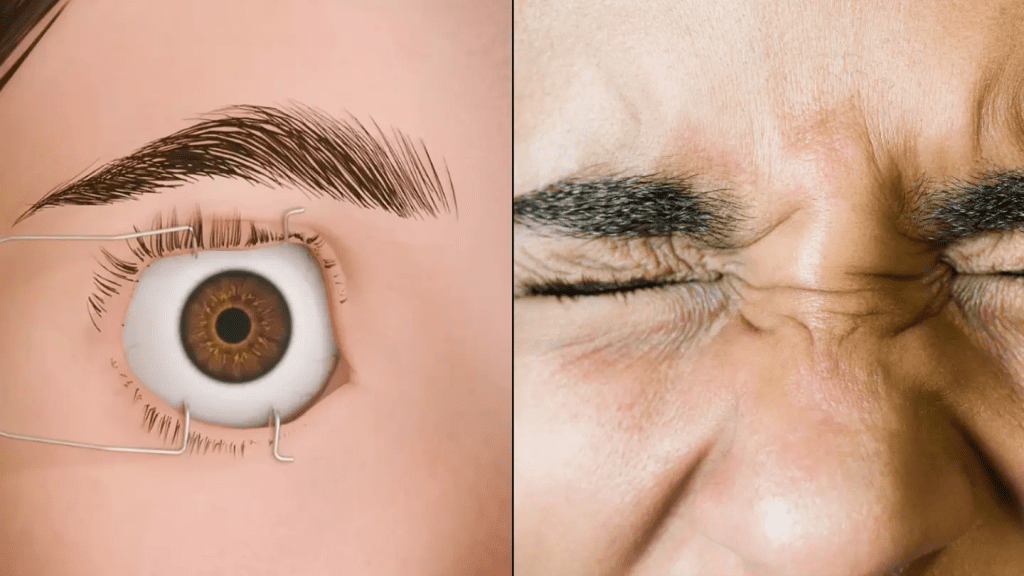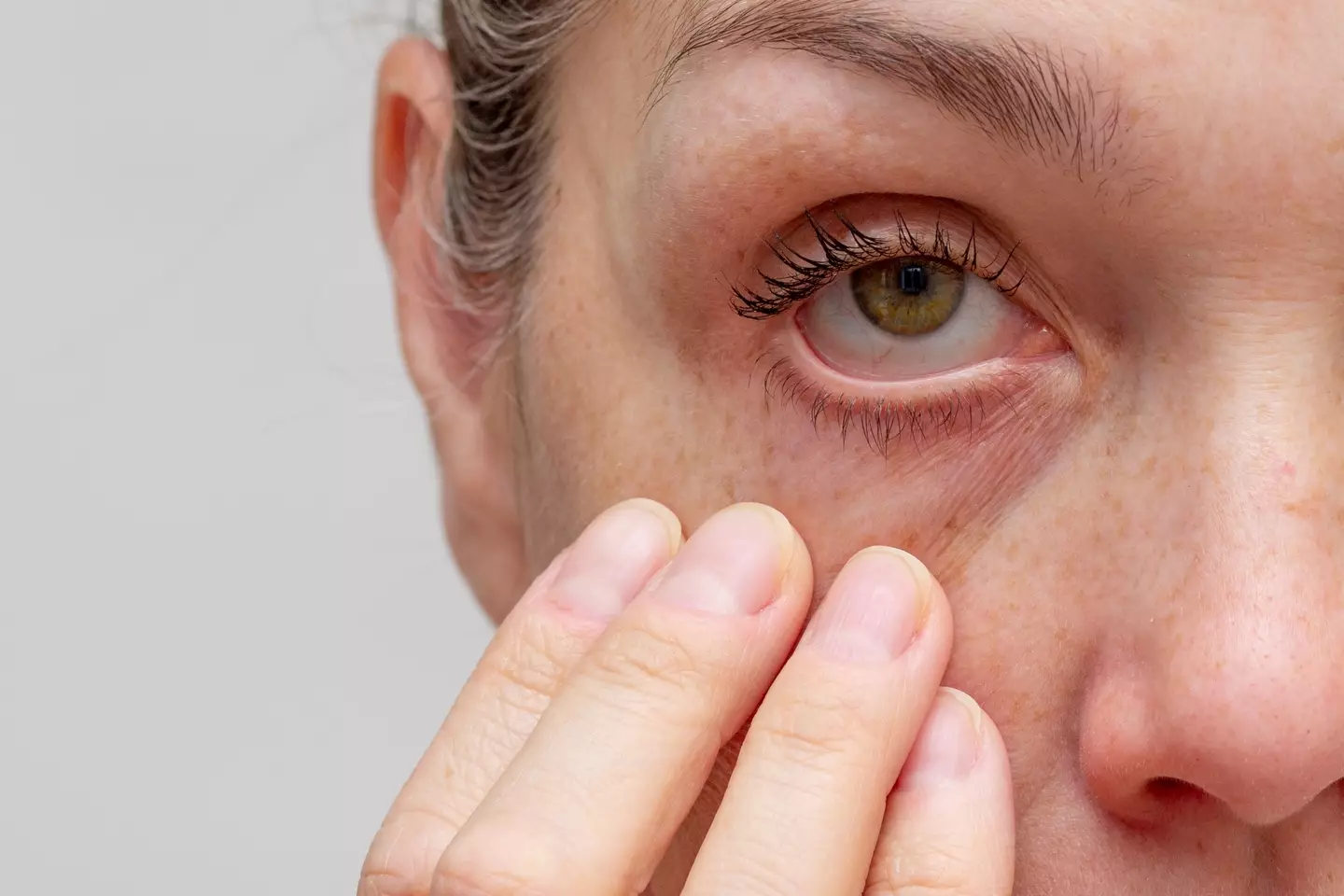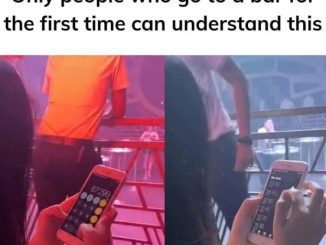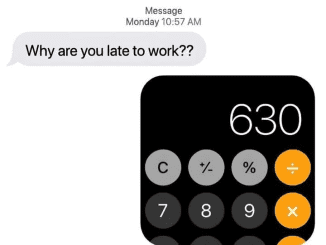Blinking is one of those things we all do without thinking. It’s as natural as breathing and just as essential for maintaining your health—especially your eye health. But what if you stopped blinking for hours? The idea might sound like a weird dare or a sci-fi experiment, but the consequences are far from amusing.
Why Do We Blink in the First Place?

Blinking isn’t just about shutting your eyes for a split second—it’s like a mini spa session for your eyeballs. Each blink spreads a thin layer of tear film across your eyes, keeping them hydrated, nourished, and free from irritants. Think of it as hitting the refresh button for your vision every few seconds.
We blink between 14,000 and 19,200 times daily, which sounds like a lot until you consider what would happen if we didn’t. It’s not just about avoiding dry eyes; blinking is essential for maintaining overall eye health and protecting your corneas.
The First 30 Seconds Without Blinking
Stop blinking for just half a minute, and your eyes will already start to feel the strain. According to eye health experts, the moisture coating your eyeballs begins to evaporate almost immediately. Your tear film, which provides essential nutrients and lubrication, starts to dry up. It’s like leaving a wet sponge in the sun—things get uncomfortable fast.
After 10 Minutes: Blurry Vision Kicks In
By the 10-minute mark, things escalate. Without blinking, your tear film completely breaks down, and your vision starts to blur. This isn’t just annoying—it’s a sign that your eyes are struggling to function properly. Without that protective moisture barrier, your cornea (the clear outer layer of your eye) becomes vulnerable to irritation and damage.
A Few Hours Later: Serious Eye Damage
If you somehow manage to stop blinking for several hours, the situation gets much worse. All moisture in your eyes would be gone, leaving them painfully dry and inflamed. At this point, your cornea could sustain permanent damage. The cornea doesn’t have its own blood supply, so it relies entirely on the tear film for oxygen and nutrients. Without blinking to replenish it, the tissue can swell, scar, or even ulcerate.
The Risks of Prolonged Non-Blinking
Let’s break down the specific consequences of prolonged periods without blinking. It’s not just a matter of discomfort—serious complications can arise.
1. Dry Eyes
Dry eyes are the first and most immediate consequence of not blinking. Without moisture, your cornea doesn’t get the hydration and nutrients it needs, leading to symptoms like burning, stinging, and a gritty sensation. Chronic dry eye syndrome can even develop if you habitually blink less, such as during extended screen time.
2. Eye Infections
Blinking helps sweep away dirt, debris, and bacteria from the surface of your eyes. When you don’t blink, those natural cleaning processes grind to a halt. This allows bacteria to multiply, significantly increasing your risk of eye infections. Think of it like skipping a shower for days—it’s a recipe for trouble.

3. Corneal Swelling
Your cornea depends on blinking to deliver oxygen from the tear film. When you stop blinking, the cornea swells, causing blurry vision and heightened sensitivity to light. Over time, this lack of oxygen can lead to scarring and permanent vision impairment.
What Science Says About Non-Blinking Scenarios
A recent simulation by YouTube creator “zackdfilms” illustrated what happens to the human eye without blinking. It’s a creepy yet accurate depiction of the damage caused by even short-term non-blinking. Within minutes, the eyeball dries out, turns red, and suffers structural damage. The simulation vividly demonstrates why blinking is non-negotiable for our health.
How Everyday Habits Impact Blinking
Believe it or not, many of us already blink less than we should. Activities like staring at screens, reading, or even having a deep conversation can cause a significant reduction in blink rate. This is why people who work on computers for hours often complain of dry eyes and blurry vision. It’s called “digital eye strain,” and it’s a modern epidemic.

Tips to Keep Your Eyes Healthy
You don’t need to go to extreme lengths to keep your eyes healthy, but making a few adjustments can help ensure they stay in good shape:
- Follow the 20-20-20 Rule: Every 20 minutes, look at something 20 feet away for 20 seconds. This helps reduce eye strain.
- Use Artificial Tears: If you experience dryness, lubricating eye drops can provide instant relief.
- Blink Consciously: Take short breaks during screen time and consciously blink a few times to refresh your eyes.
- Hydrate: Staying hydrated helps your body produce tears more effectively.
- Wear Protective Eyewear: When outdoors, sunglasses can shield your eyes from harsh wind and UV rays.
Conclusion
Blinking might seem insignificant, but it’s a superhero act that keeps your eyes healthy and functioning. From preventing dryness and infections to protecting your corneas, those tiny movements do a lot more than you might realize. Going a few hours without blinking isn’t just uncomfortable—it’s potentially dangerous.
So, next time you catch yourself in a staring contest or glued to a screen for hours, remember to blink. Your eyes will thank you. After all, they’re your windows to the world, and keeping them healthy should always be a top priority.


